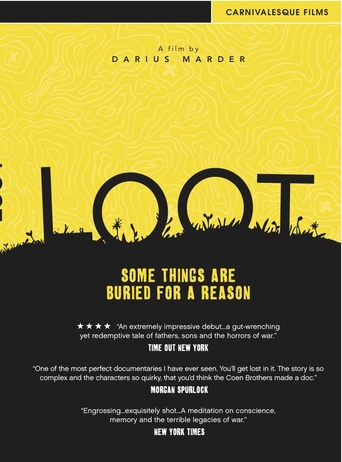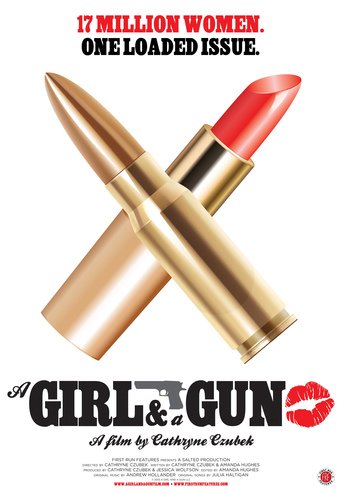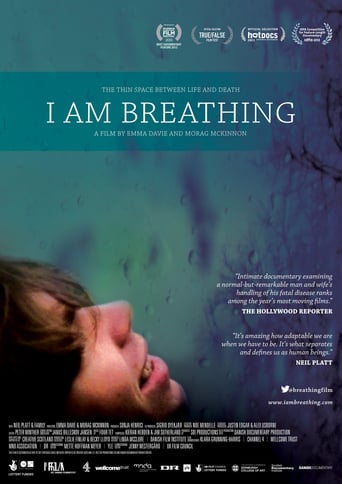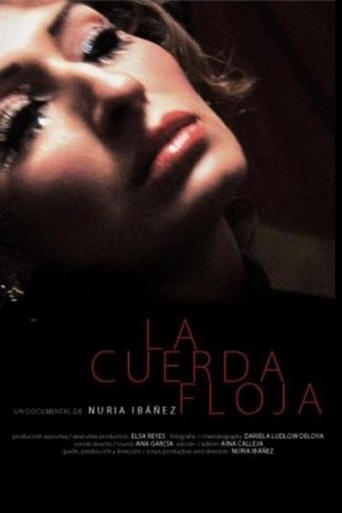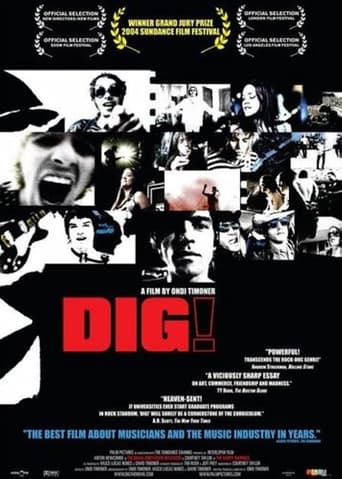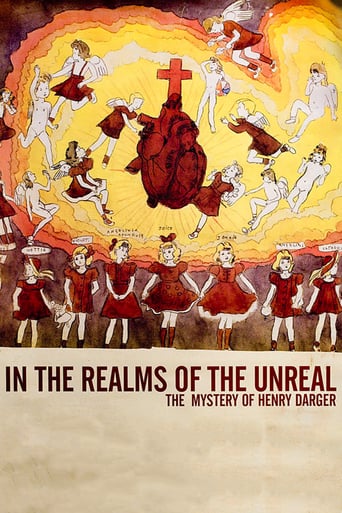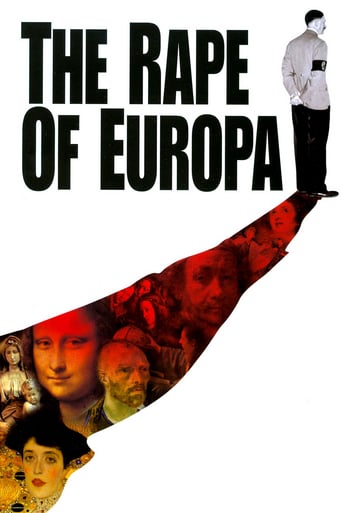

The Rape of Europa (2007)
World War II was not just the most destructive conflict in humanity, it was also the greatest theft in history: lives, families, communities, property, culture and heritage were all stolen. The story of Nazi Germany's plundering of Europe's great works of art during World War II and Allied efforts to minimize the damage.
Watch Trailer
Cast


Similar titles
Reviews
What the movie does not show enough is that the spoils of war are now returned to families out of sheer GREED by the families. They are not returned to stay in the museum of their choice, but given back to the families after several generations to keep or sell as they choose, even when the will says to donate it to the country. Few family members were alive to see the works or have any personal significance to them.The attitude from the Russians is simple--we took it, it belongs to us. I think that is stealing but because it is the Russians, no one does anything about it. i bet the Jews of Russian heritage do not claim a single Russian piece of art. Russia is about a democratic as Mao Zedong.What the movie also does not say is that works of art have been taken by all nations since time began. It makes it out to be only the Jews that suffer this indignant slap.In addition, the movie never discusses the Jews blame for the war waged on them--see the 1933 declaration of war by the Jews against Germany and Herschel Grynspan killing the German ambassador in Paris, the Versailles treaty which humiliated the Germans that was a Jewish creation, as causes for the hatred.No Jew deserved to die, but they were not as innocent as is portrayed. The Rape of Europa is about the greed of nations and individuals to reclaim what was theirs when they left it or was taken from them.Shall we give the US back to the native Americans or the gold in Spain back to the Incas?The greed here is more one sided than shown.
This is a good movie and it is biased. It is trying to tie the looting of art to holocaust. That is very wrong. Nazi ideology was wrong, inhumane and evil. Nazis took anything they wanted because they believed they owned Europe. Hitler was not a bad painter; he was against modern art. I have been painting for 39 years and I can assure you he is much better than many artists who are accepted into art schools at the time and today as well as some my students. His art is very much illustrative not lyric in the sense of story telling. In a few of his work that I have seen he has hold perspective and dimension well in place more than I can about a lot of paintings that are in the museums. He loved art and his vision was that he owns Europe and Germans are master race so he is going to take it all and make a very large museum. The reference of Hitler became anti-Semitic because he was rejected at art school is just childish. Hitler became anti-Semitic mainly because he believed Jews are responsible for Germany's defeat in WWI. He formed his Anti-Semitism in later years after his rejection and there is no reference of such in Mein Kampf, (one of the most $%^&ed up books I have ever read in regards to editing and scatter of subject in 4 languages including German). Holocaust was horrible; so was the loss of 23.5 million people of USSR. It also tried to portray USSR soldiers as looters by taking the art back. The efforts of people like Leonid Folinsky, the Soviet artist that discovered the Raphael's Madonna and Rembrandts, Rubens, etc. in salt mines in east Germany area and managed to pull them out of the water is not mentioned other than they were sent to loot for USSR. It ignored the fact that if Nazi's took and destroyed so much of USSR's art then if after the war USSR keeps some of the German art it is just a payment. It almost implies that Hitler's atrocities should be wiped off with the end of Nazi party and Germans should not have to pay any damage into the equation. Obviously every Jewish art dealer descendant (or Holocaust victim) should get all his or her art back. Obviously it helps the fact that as soon as they get it back they can sell it to likely end up in an American museum. . What about the descendants of the art in USSR? While I appreciate the efforts of Americans who did the saving of the artifacts I do not think they were the only ones. Many natives of France, Holland, Austria and other countries helped the underground networks with efforts to save the artifacts and their efforts were downed a little with exception of one. The use of some new footage of the WWII is refreshing. I did not see much reference to the art in Holland or Belgium. I dislike the title of the movie as "Rape of Europe" as a Nazi "thing". Napoleon did nice job of raping the Europe himself; where do you think all the Italian and Spanish art in Louvers comes from? How about rape of Egypt, Persia, Greece, ... England obviously did not rape India or any of its sub kingdoms! What about rape of Iraq as recent as 2003? 58 years after WWII! I think they were on the level about the bombing of Monte casino but the firebombing of Dresden was played down a lot, considering the loss of the art there.War is a horrible part of human history and taking booty has always been a part of it. Nazi ideology was wrong, inhumane and evil but taking art works and valuables was not their invention. The part that talks about how they had lists of artwork upfront and before hand due to their "evil" minds... That is just the naive talk of the talker. Germans are born with a list of to do's. Anybody that has spent a little time learning German and their people would know it. Everything is always calculated and documented! They even documented the holocaust themselves with very extreme precise records.
I think somebody should make a documentary about the British Museum for starters. Let's count the artifacts there, they have looted. When the Prussians started to push the Germans back they took almost everything from the countries they marched trough. War is brutal and mindless. All war waging countries will loot & destroy. Growing up in eastern Europe I have a bit different opinion about WW2.I liked the archive footages, they were great. The narrator did a good job, but I liked it more with some real documentary firmness. Anyways, you should see the movie with an opened mind and make the judgment yourself after it.
"The Rape of Europa" is a documentary film about the Nazis' concerted, organized, and methodical theft of the art patrimony of Europe during the Second World War, and the film tilts heavily toward the Nazis' theft of art from Jewish collections. Ultimately, this emphasis on the anti-Jewishness of the Nazi program is the film's weakness. While the documentary appears to shine a light on the loathsome Nazis, there is also a detectable anti-German subtext to the film and, in particular, the Austrians come in for muted scorn.No one can come to the defense of the megalomaniac Adolf Hitler, so why do some people continue to go out of their way to slander him as a "bad artist." Let's be honest here, that disturbed man was without a doubt a better artist/painter than 99.9 percent of all of us reading this IMDb forum. Has anyone ever heard of Winston Churchill being described as a "bad painter?" To slap the "bad artist" tag on Hitler comes across as mere propaganda, and propaganda always casts doubt on the ultimate truth of a work of non-fiction. There is a also a noticeable tone of artistic condescension in this film, especially in interview segments with author Lynn H. Nicholas.The film touches on the controversy surrounding Gustav Klimt's portrait of Adele Bloch-Bauer. Bloch-Bauer herself wanted the portrait to go to the Austrian State Gallery upon the death of her husband, but when he fled Austria the Nazis apparently confiscated the painting. While the painting did eventually make its way to the Austrian State Gallery after the war, it was decided in the 1990's to remove the painting from the that gallery and award it to Bloch-Bauer's remaining relatives. They subsequently sold this family heirloom for something in the neighborhood of 100 million dollars. So much for honoring Block-Bauer's bequest. One might get the impression that the whole affair was not about truth or justice or rightful ownership, but about money.This film would be a good primer for those who have heard relatively little about the destruction wrought on Europe and its culture by World War II. However, there must be hundreds of other documentary films that touch on the subject in a better way. I found Joan Allen's narration to be particularly weak, her lightweight voice lacking the authority required in a serious documentary film. She's certainly no Alexander Scourby.I do not think that anyone anywhere can adequately convey the hell on earth that was the Second World War. This narrowly focused film only confirms that view.



